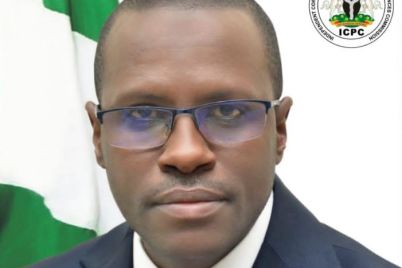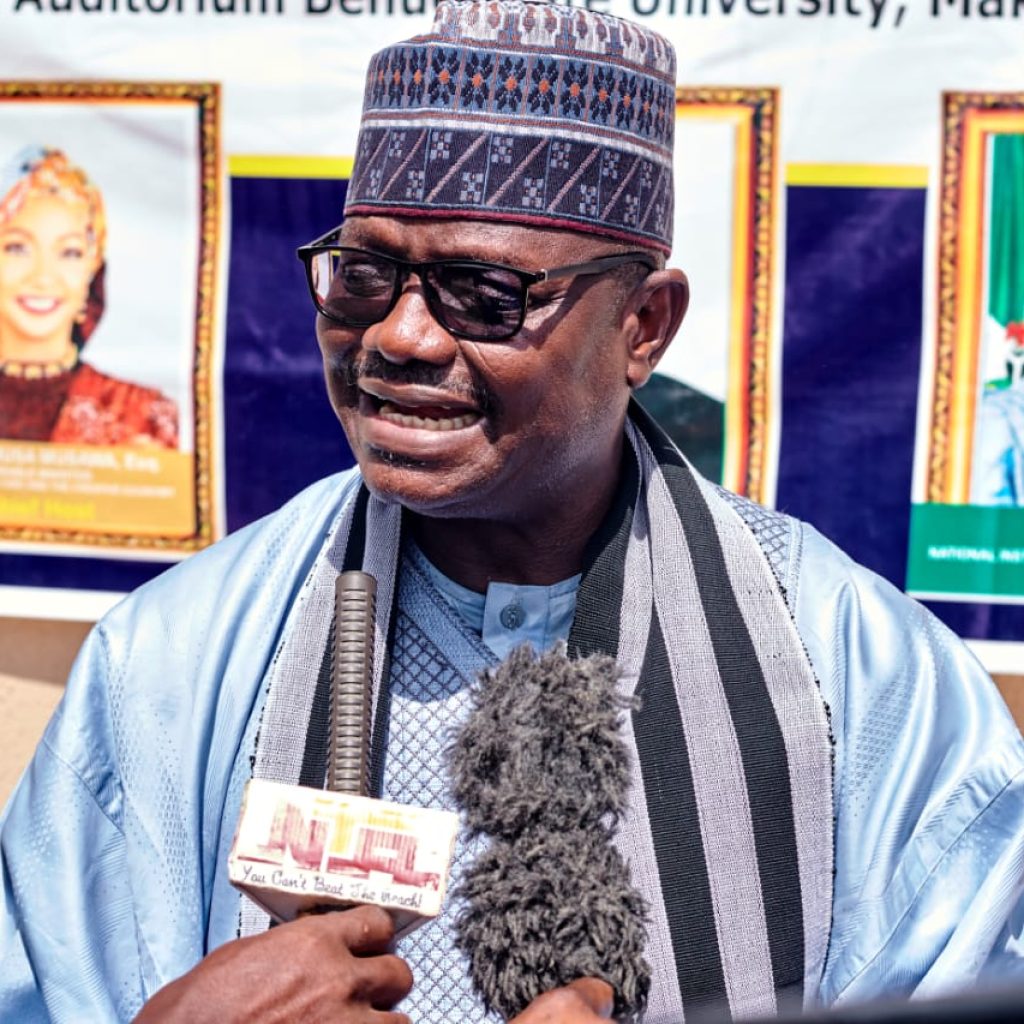
By Frank Meke.
Let me begin this essay by calling out Comrade Ado Yahuza for excellenty standing out in his mandate deliveries as Executive Secretary, National Institute for Cultural Orientation. Yahuza is a game changer, and since he got to Nico about two, going to three years now, every day and months have been notably worthy, bringing into focus issues and developments that deserves national introspection and could positively elevate our cultural diversity.
Ado Yahuza is engaging, energetic, and clearly different in such a way that puts to flight, ambiguousness, and in frontly also different to certain government appointees attitudes to work and service to the nation, with some churning out useless and infertile projects statistics hugely unbeneficial to anyone or to the nation.
Yahuza is an advocate for better and greater Nigerian cultural rebirth, a vision that he has strategically pursued vigorously and without asking for any plaudits.
From our languages, our
cultural festivals and historical sites, many of which under Ado Yahuza , received the UNESCO cultural badge as places and destinations with intrinsic values and deserving global tourism research and visitation, to the restoration and love for Nigeria centric cultural values and the greatest of all, the making of Nico cultural Orientation Institute, a pivotal Culture degree awarding citadel of learning.
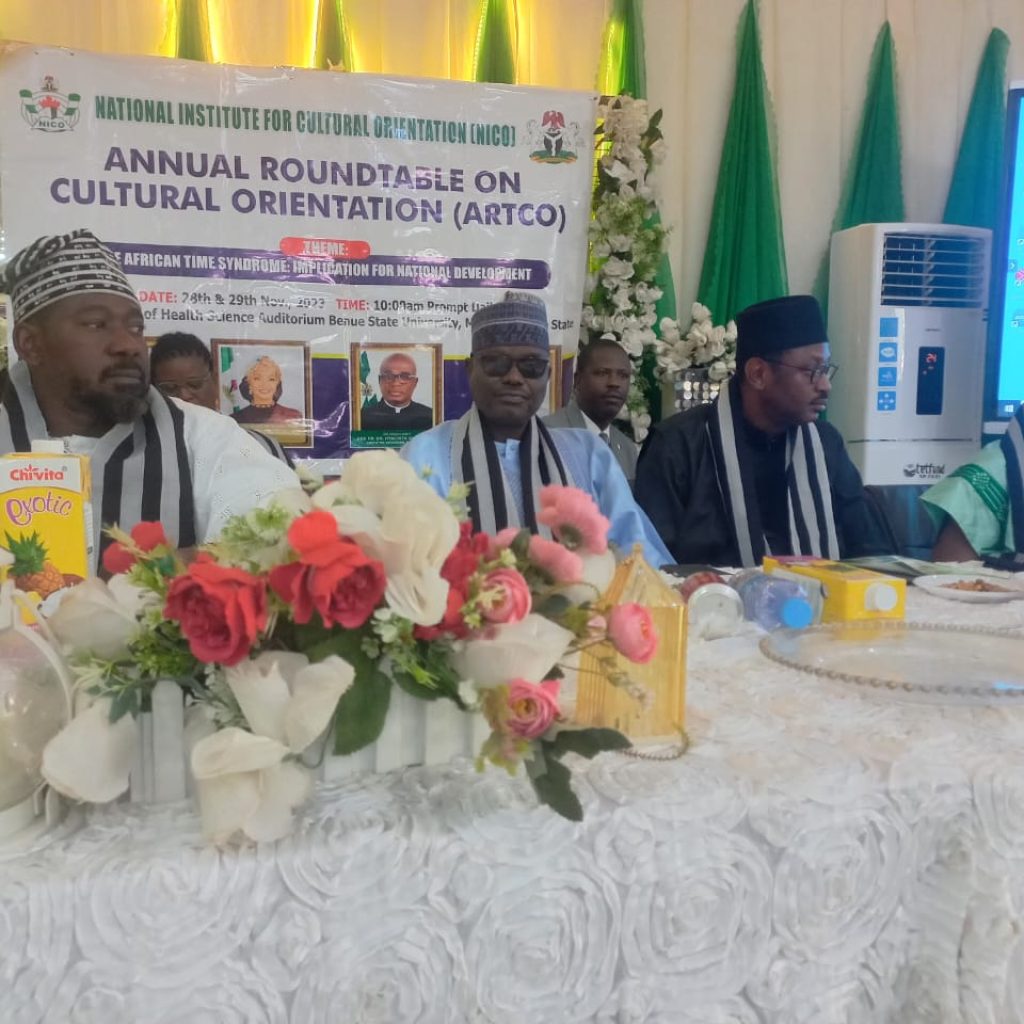
Ado Yahuza, as an untiring advocate of a new Nigeria cultural society, is friend to me because he speaks truth to power and to himself. Yahuza is never satisfied with his deliveries, ever willing to do more, knowing that Nigeria is at the crossroad of being swallowed by the very aggressive foreign oppressive and unrelenting elements in music, languages, fashion and strange ways of life, targeting and dangling vain opportunities and values to our youths and unassuming youngsters, even to our old persons.
Nico’ s Cultural Orientation Annual Roundtable is one key and strategic cultural laboratory that Ado Yahuza has transformed into a national stakeholders platform, evaluating, recalibrating,
processing and rethinking our various cultural challenges, which threatens our diversity, unity, and peaceful coexistence as one indivisible entity.
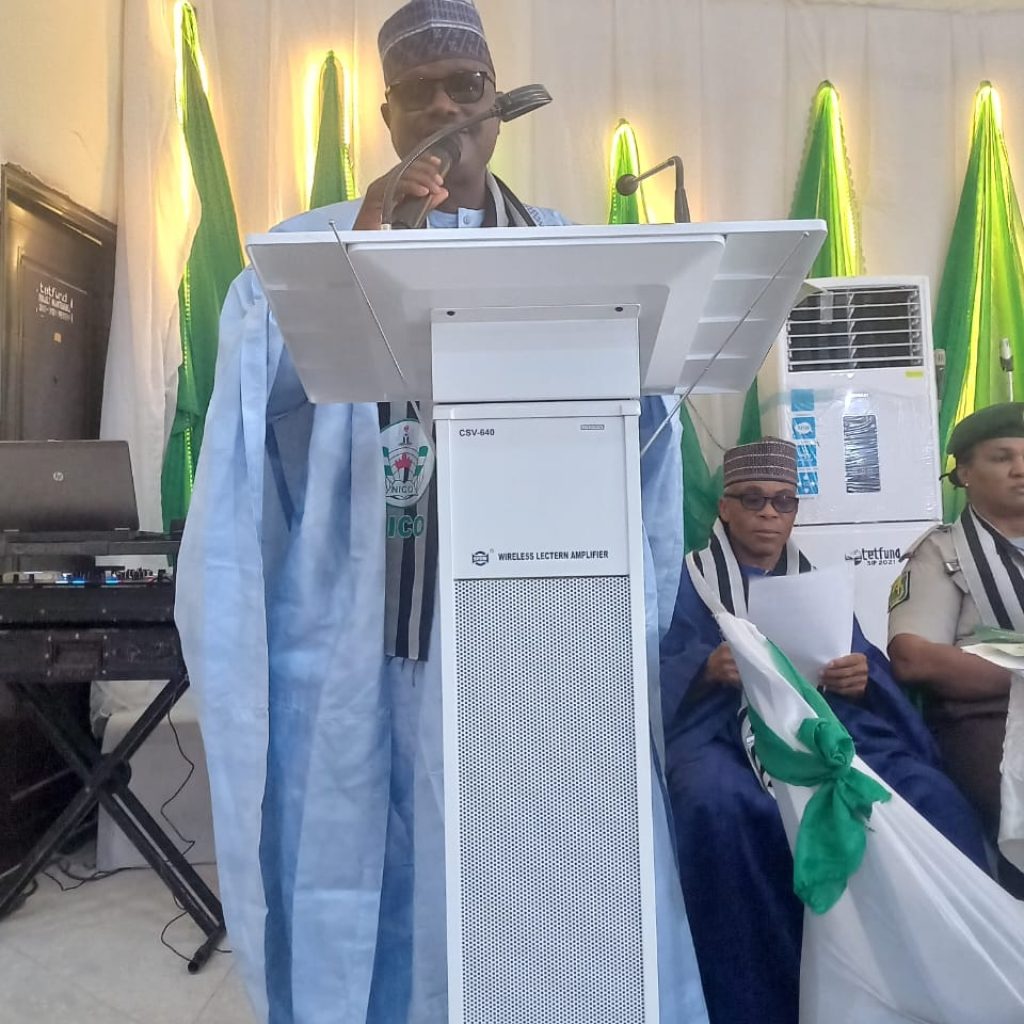
In ilorin two and half years ago, Ado Yahuza dared the seeming back water reportage of cultural and political development in Nigeria, tasking the Nigerian media to be more circumspect in pushing certain divisive tendencies that could confound and erode the confidence of the people about the future and survival of the nation.
I did recall that media stakeholders at the ilorin Roundtable stood their grounds on being more patriotic, though admitted that an advocacy to weigh the consequences of ” screaming” headlines against sober reflective reportage, must guide media engagement inorder to protect national security and socioeconomic development.
In Asaba and kano, respectively, previous engagements on the impact of drug usage and consumption among Nigerians, particularly the youths and the neglect of cultural values , particularly bearing local dialects in communial engagements, were placed beyond pedestrian summation with call for national cultural reorientation advocacy.
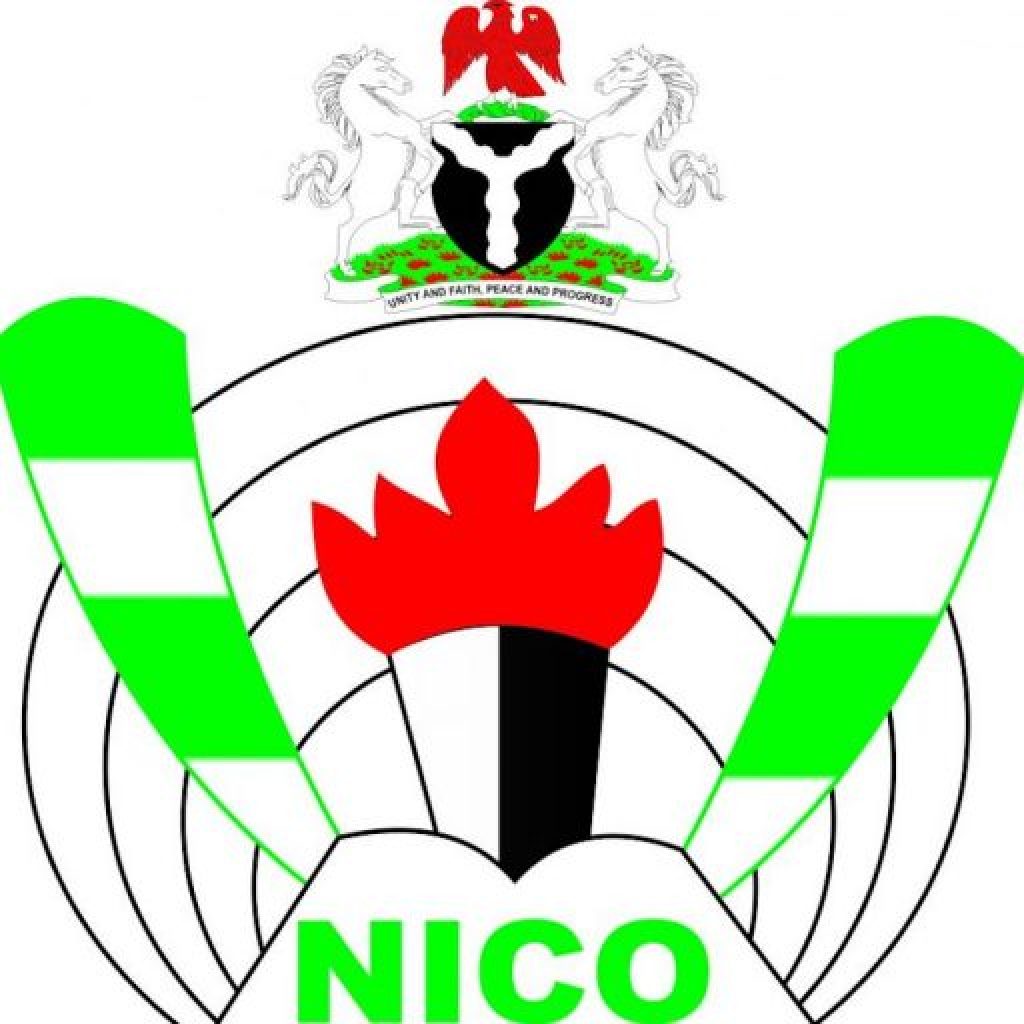
In Makurdi last week and with the academic community, graduating students and those called to serve the fatherland and including traditional rulers and other stakeholders, Nico tabled the growing and worrisome menace of untardness and late coming to socioeconomic, religious and political events as the bane of our national setbacks in developmental milestones and strides.

The Roundtable was held inside the cosmopolitan campus of Benue state University , Makurdi, with the theme. African Time: Implications for National Development which re echoed the importance and need for critical advocacy platforms to arrest the ugly tide and slide to unwholesome indiscipline and untardness towards time management which is the engine room to national socioeconomic development.
I was truly ignorant of what African time meant and had approached this gathering with some righteous indignation to what has become a Nigerian nightmare. It has shamefully became apparent that Nigerians do not respect those who keep to time and also insist that events so programmed to begin at a time frame must bear a disruptive and undefinable time out.
In Nigeria, late comers and late coming refrees occasions and engagements, a national malaise that competes with even the heavenly ecclesiastic order.
Annoyingly, everyone is caught up by the lateness bug, and to listen to the excuses narratives is also itself another harbinger of untruthfulness and deceitful gospel to which Nigerians are well known globally to craft with ease.
All the stakeholders who spoke and made contributions at Nico Makurdi Roundtable agreed that time has come to arrest the lateness menace, an act of indiscipline to which has taken the country ten fold steps backwards and had made us look like roasted chicken .
So what exactly is African time, and why do we all think lateness and untardness to public and private engagements should be seen as the African time syndrome?
Ado Yahuza had anchored the telling development as generally aborting the nation of its deserved development, seeding missed opportunities, strained interpersonal relationships, and negatively surgical to productivity in public and private sectors of the economy
Over and over during the highly and positively combustive engagement, Ado Yahuza insisted that the trend must give way or we perish as a nation, blaming no one but ourselves for swimming in our vomit, and gloating over laziness and indiscipline as latest mint in town.
Dr Elijah Terdoo Ikpanor of the Department of History took the gathering through the African perspectives of time and submitted that African Time as against the Western definition or understanding, is event centric, culturally horned and relevant, engaging and excitingly conscious to the environment and transformative.
Unlike its abstract colonial submissions, African Time placed premium on values to cultural ethos to specific purposes rather than mere eyes on the ” watch” or for the sake of ” mathematics.”
His well researched paper on the cultural and historical narratives and perspectives of African Time became the Roundtable’s key measuring rubric, throwing up stringent advocacy to protect the nation against imperialistic historical misdemeanours against African Time.
Dr Elijah Terdoo Ikpanor confidently posited that ” In consonance with k. E Agorsah’ s view( Time in the African African Tradition ) , Mbiti( a priest and religious philosopher) added his own voice by declaring that ” time is a two-dimensional phenomenon with a long, past , a present, and virtually no future ” He clearly stated that western trinity of morning, Afternoon and evening or present, past or future is not applicable to Africa because of its cultural diversity.
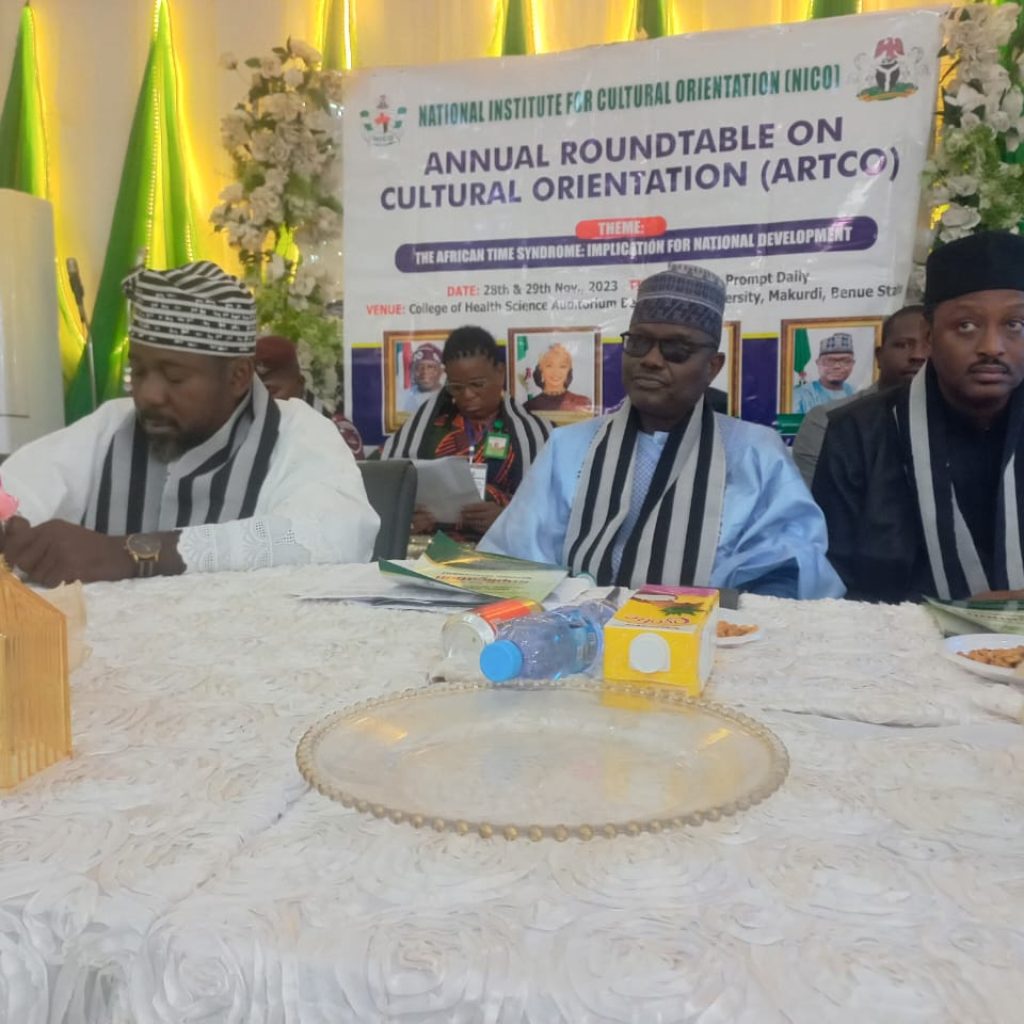
To Boot( N.S Boot ” Time and change in African Traditional Thoughts) Mbiti views is plausible because time in Africa contrasts with the western concept of time, which is linear, consisting of indefinite past, the present and infinite future”.
Dr Elijah Terdoo Ikpanor generously and copiously shared with the gathering same lines of thought on African Time evidently penned for generations unborn by most African writers and in particular chinua Achebe in his classic essays “Things Fall Apart and Arrow of God”
To Dr Elijah Terdoo Ikpanor ” These masterpieces were historical reflections of the African world view, depicting African sociopolitical sitting on one hand and portraying the important belief systems that formed the basis of the African time factor.”
He further summed that Achebe’s use of language with references to time was unique and shows the people ‘s philosophical thought Orientation as against the insidious Western popular belief that Africa has a limited time dimension.
Professor Gowon Ama Doki, of the Department of Theatre Arts Benue state University and moderator of the Roundtable, had a hectic time keeping the very exciting and expressive engagement in focus as stakeholders infested by Dr Elijah Terdoo Ikpanor’ presentation thumbed down the pervasive and disturbing late coming syndrome among Nigerians, wrongly and ignorantly dubbed the African time.
The lunch time break and the second day reconvening time structure became a litmus laboratory timeliness to process practical compliance with the issue at stake and trust the amiable but tough academic top wig, Professor Gowon Ama Doki to rub in the slur against those who were unable to purge themselves of Nigerian lateness disease.
Apart from Dr Elijah Terdoo Ikpanor, the students and youth Corpers were my favourite arbiters, some of them boldly laying the blame on the lateness menace on Nigerian leaders and elders across all facets of life.
Professor Gowon Ama Doki also touched my sensibilities when he noted that the dissertation of African Time syndrome, even though misleading to the extent to which the issue was twisted to “suit” scholarly introspection, effectively jump start the Nigerian variation, a strange phenomenon unknown to our culture.
I must indeed acknowledge the very presence of presentations by a carefully selected faculty, with Dr Naomi Doki, evaluating the economic cost of African Time syndrome ( Nigerian menace, my takeaway). Dr Doki is an associate professor of economics at the university.

Professor Charity Ashimem Angya, former vice Chancellor of the University, shared strategic insights on how to defeat the Nigerian menace ( not African) while kabiru momoh, former acting Director General, National Institute for Hospitality and Tourism ( NIHOTOUR) carefully navigated through leadership and change management, offering the gathering strategic outlines to the promotion of the culture of punctuality and time consciousness.
Though I am constrained by space and will differ full swoop insights to these quality presentations, it’s gratifying to note the very rich practical solutions offered to curb the covid pandemic like lateness syndrome which has pervaded our nation from top to the bottom.
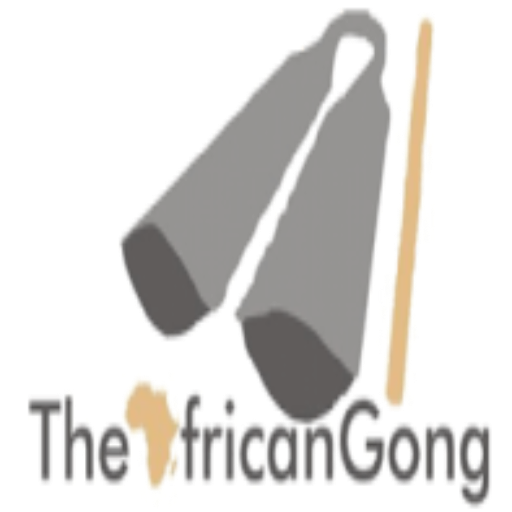
And for the same measures of disadvantages, painfully driving Nigerians to the gutters of indiscipline, there are good benefits to keeping to time and respect to the management of national resources , boosting development across board. Indeed, a paper on good benefits of time management by Professor Paul Aondona Angahar of the Department of Accounting of the University structured the open space Roundtable to the urgency for a national emergency declaration and advocacy to return Nigerians to old gainful ways of keeping to time.
Like the biblical sons of issachar who had the unusual gifts of discernment, Nigerians must wake up to understanding the times, just like President Bola Ahmed Tinubu made famous during the political campaigns that it’s his turn( Emi lokan). It is clearly time for us to discipline ourselves and show respect to time.

